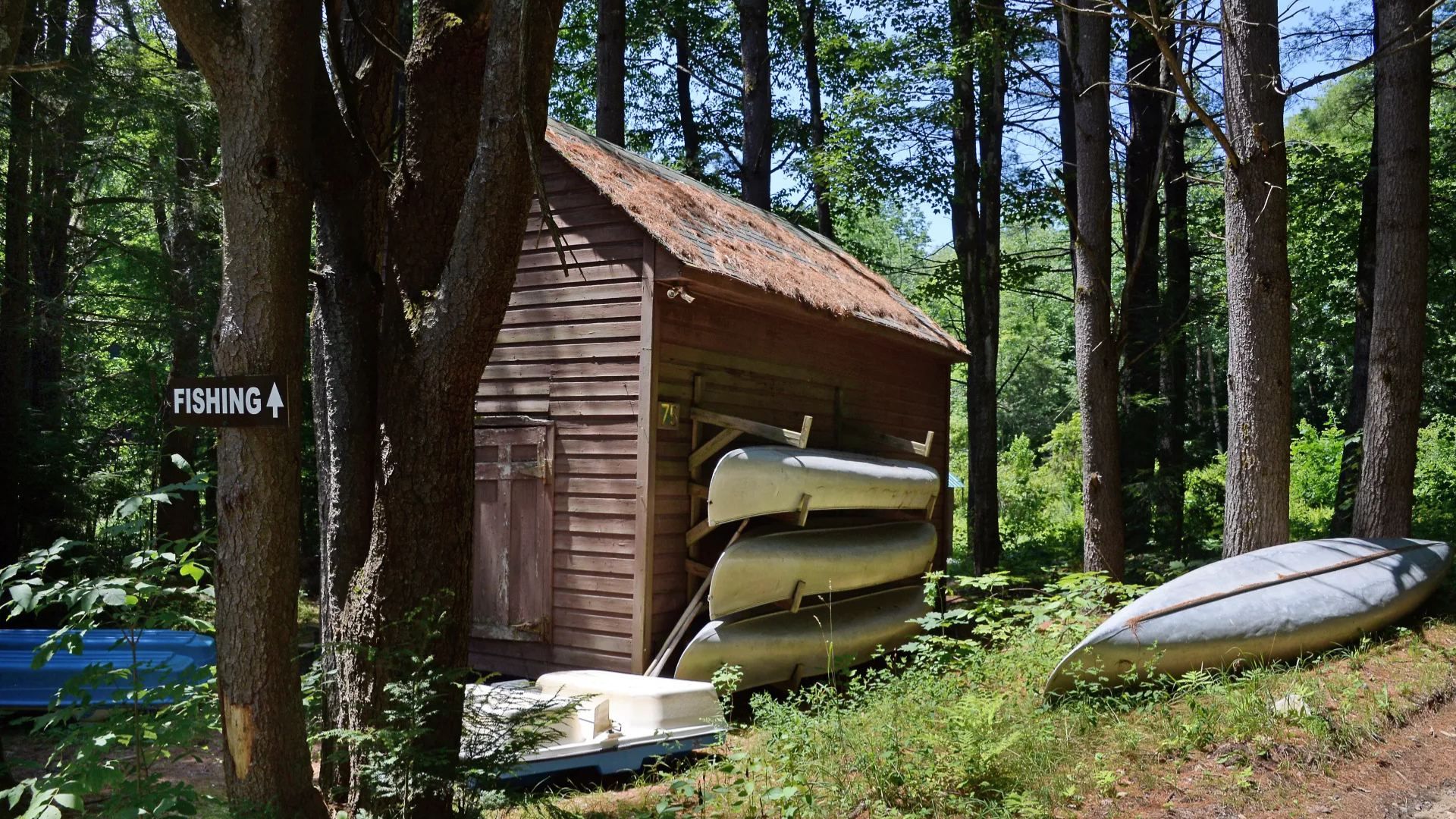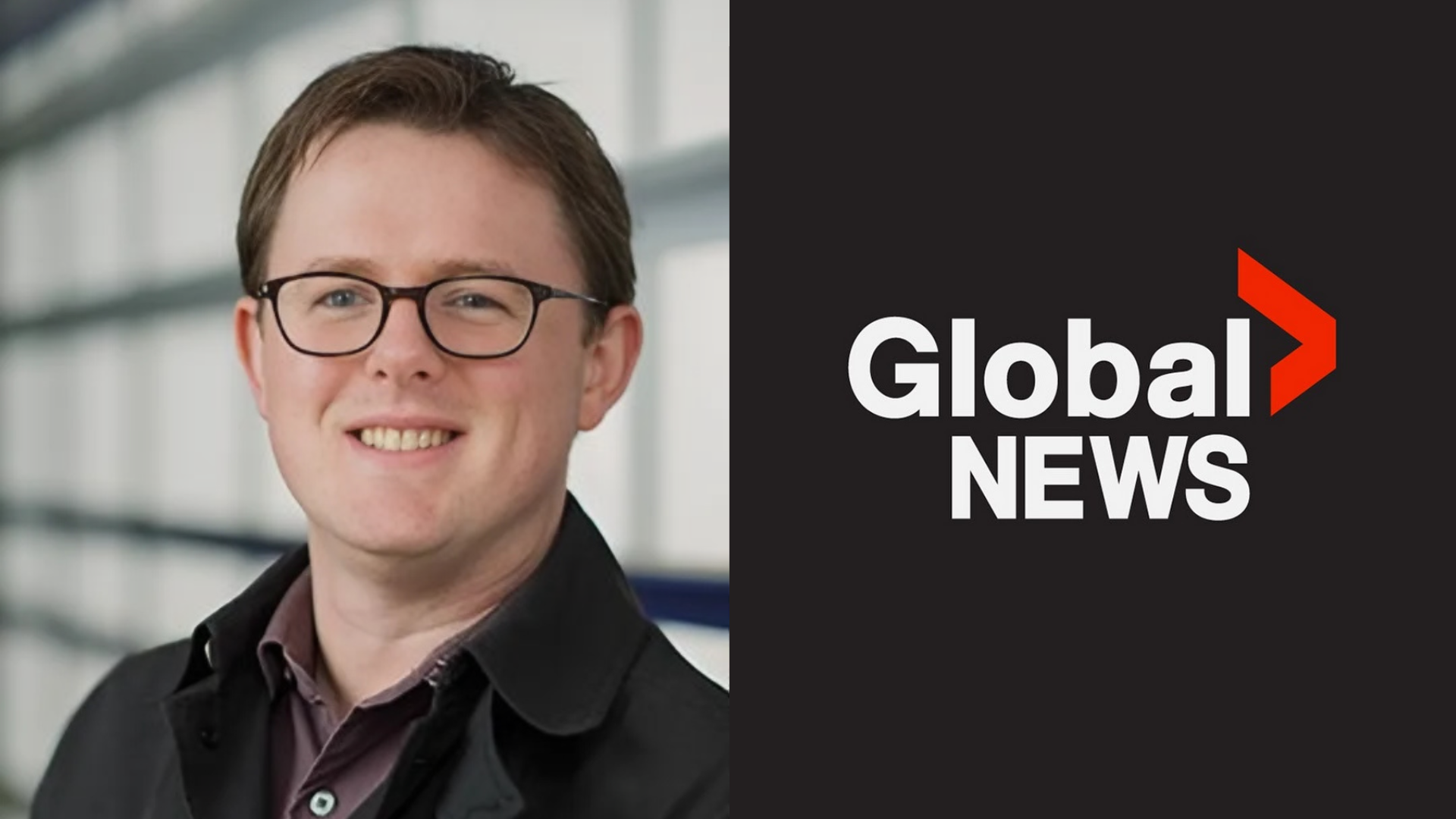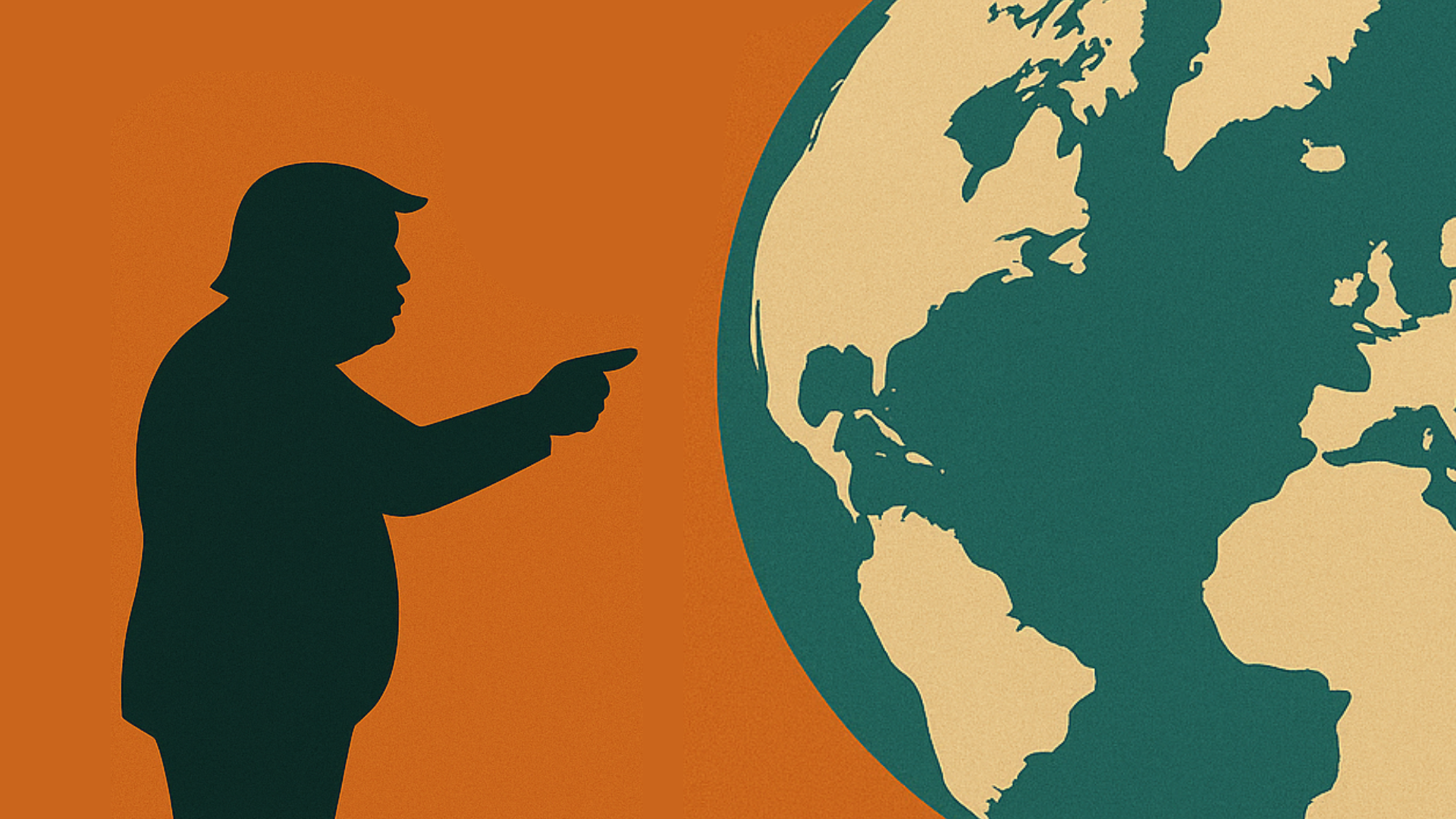In September 2023, UBC History professor Dr. Anne Murphy introduced a brand new undergraduate History course – HIST 400: The Practice of Oral History. In this course, students are given the unique opportunity to design and conduct oral history interviews, and to engage with and contribute to local Vancouver history.
“Oral history values the individual perspective, in relation to broader histories. It allows us to learn to listen, deeply and fully,” says course instructor Dr. Anne Murphy. “It offers an opportunity to study history in a way that foregrounds stories and perspectives that are often inaccessible through other sources. We are forced to consider our positions as historians with care, and we are invited to let go of some of the control that historians have thought they had, in that role.”
Shared with the permission of the students and the interview participants, below are a few of the oral history projects made for HIST 400: The Practice of Oral History. Watch and listen to the projects and read about the students’ reflections on their learning experiences.
Remembering Vancouver Deliveries: An Oral History with Douglas Hockley
By Kristina Hockley, Arts Undergrad
What did you enjoy the most about HIST 400?
I enjoyed hearing my classmates’ ideas for their projects and watching them develop over our semester together. I felt a real sense of community that I hadn’t felt in other courses. I also cherished the opportunity to bring the often-unheard stories from the past into our classroom discussions. My classmates’ stories contributed to our collective understanding of history and underscored the importance of preserving personal narratives as a vital part of our cultural heritage. Beyond these aspects, the course honed my empathy and active listening skills, instilling in me an appreciation for the historian’s duty to accurately and respectfully relay interviewees’ stories—a lesson that will inform my future work.
Why did you choose to do the project you did?
During the Fall 2023 semester, my Dad and I embarked on an oral history project together. Sadly, his cancer became untreatable, and he registered for M.A.i.D. As we cherished our time together, my Dad suggested exploring the topic of home deliveries on Vancouver’s Westside, realizing that this remarkable piece of city history might remain unrecorded. It was a meaningful experience for both of us, deepening our bond during a challenging time and leaving a lasting legacy for our family. Working on this project illuminated the power of oral history in capturing lived experiences and served as a reminder that every person’s story deserves to be heard. The experience of recording my father’s recollections reinforced the notion that history is not merely a series of events but a tapestry intricately woven from individual lives, with each contribution significantly enhancing our collective understanding of the past.
Feminism, Loss & Liberation: A Daughter’s Journey through MAiD
By Grace Climie, History Major
What did you enjoy the most about HIST 400?
What I enjoyed the most about History 400 was the supportive environment, which made it impossible not to succeed. Initially, I was quite nervous about engaging in history this way, especially with such a hands-on approach, which I had never done before. By the end of the course, I was much more confident and excited about my project. The course readings were all really relevant to developing theory into practice, and the in-class exercises and discussions helped me connect with my classmates and gain the confidence needed to complete my project.
What was the most valuable thing you learned?
By interviewing real people for my research project, I gained a profound understanding of the importance of providing ethical treatment to historical evidence in a way that surpassed any other course I have taken. This course emphasized the significance of preserving diverse perspectives, and instilled in me a deep appreciation for the nuance and subjective nature of personal stories. My experience in this course has undoubtedly strengthened my appreciation for the respect required to engage with history and historical evidence. I knew it would take a lot of work and development to honour my friend’s story about such a personal event in her life, and I am so grateful to have had the opportunity to interview her.
Hijabi Women’s Experiences of Religious and Intersectional Discrimination
By Sadika Wakaa, Double Major in History and Political Science
What was the most valuable thing you learned?
I enjoyed working with my classmates, listening to Dr. Murphy’s answers to our questions, and especially the class discussions. The smaller class size gave me many opportunities to discuss readings with my classmates and to ask Dr. Murphy questions. The most valuable thing I gained in this class was my ability to produce an oral history project, thanks to Dr. Murphy’s guidance throughout the semester.
Why did you choose to do the project you did?
I started to interview some of my friends and my children’s friends as I was trying to find a topic for my final project. Asma was one of the people I interviewed. I found her story and struggles very similar to my own story and struggles as a hijabi woman in Western society. Unfortunately, discrimination is part of our lives as hijabi women, and it is an issue we cannot keep ignoring. Initially, I did not want to make my project personal. I ended up choosing this topic because I hope we, as hijabi women, will be accepted and respected for who we are. Through my project, I hope to raise awareness and promote acceptance of minorities in our multicultural society.


